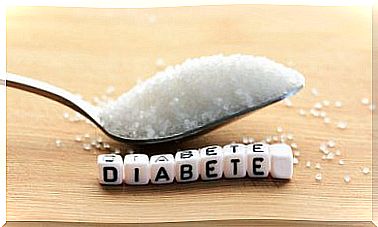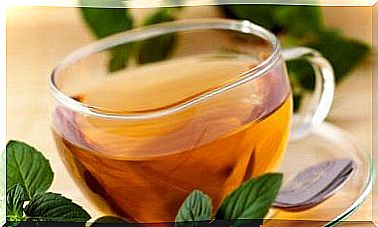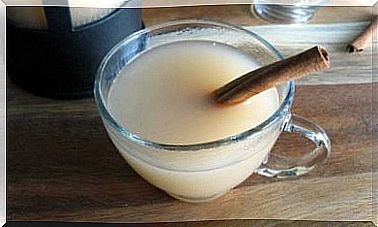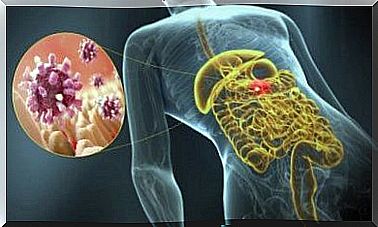Eat Protein To Lose Weight, Here Are All The Tips
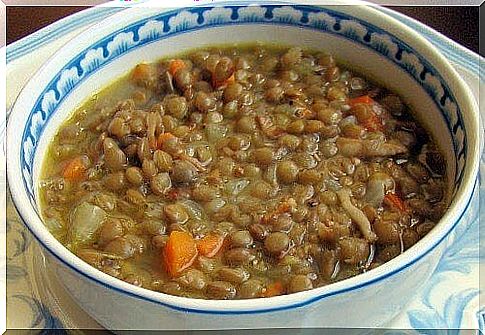
We have heard that eating protein helps you lose weight quickly, although it can cause organ overload and therefore be harmful to your health.
However, it is certain that protein is indispensable in our diet and it is likely that many people do not get enough of it, thus having difficulty in losing weight.
We explain how to take proteins in a balanced way, without abusing animal ones, to help you lose extra pounds and to reduce the waistline.
The importance of eating protein
Eating protein is especially important in the stages of development and growth, during pregnancy or for people who exercise regularly. Even if you don’t fall into any of these categories, they should certainly not be missing from your daily diet.
On the contrary, many people abuse carbohydrates instead (pasta, bread, baked goods, etc.) neglecting proteins or exaggerating with those of animal origin; this excess can cause kidney and liver problems.

What do proteins bring?
- They give solidity and avoid sagging of the muscles and skin
- They nourish the hair, skin and nails
- They are essential for healthy bones
- They prevent water retention (on the legs, eyelids, ankles, etc.)
- They give energy, endurance and vitality
- They help increase defenses
- They help burn fat in the body, especially in the waist area
- Prevent constipation (especially plant-based proteins)
A balanced menu
A balanced diet must contain throughout the day:
- Proteins of animal origin and / or of vegetable origin
- Fruits and vegetables, raw or cooked
- Carbohydrates, preferably whole grains (rice, oats, millet, wheat, etc.)
- Healthy fats (vegetable oils from the first cold pressing, dried fruit, avocado …)
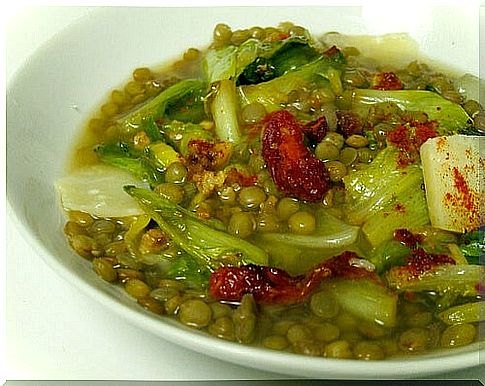
The proportions vary according to the age and lifestyle of the person, but the best guarantee of eating in a balanced way is to feel well-being and energy and to be in our ideal weight.
Sources of animal proteins
Sources of animal protein are as follows:
- Meat, red (veal, lamb, pork) and white (chicken, turkey)
- Fish, white (hake, sole, monkfish) and blue (salmon, tuna, swordfish)
- Seafood (oysters, shrimps, mussels)
- Eggs
- Milk and derivatives (cheese, yogurt, butter, cream), from cow, goat and sheep.
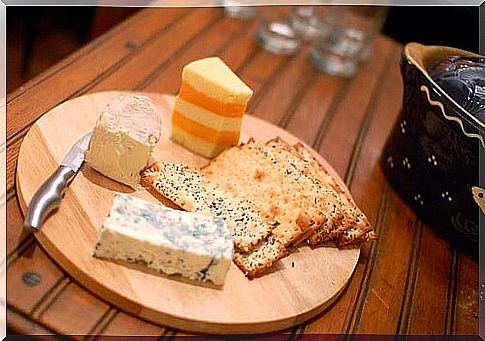
Be sure not to overdo it with red meat, sausages, seafood and high-fat dairy products, but prefer other types of protein. Egg, for example, is one of the healthiest and richest sources of protein, especially egg white.
In addition, preferably choose organic products as many studies show the large amount of hormones and drugs that are administered to animals and that pass directly into our body.
The conditions in which they are kept also worsen the quality and taste of the food. It is better to consume less protein of animal origin, but of better quality.
When cooking, opt for healthy and light methods: grilled, steamed or baked.
Sources of vegetable proteins
Eating plant-based proteins is also an excellent source of nutrients and not inferior to animal quality. Indeed, many people digest them better.
Although in general the proportion of proteins is lower, the body assimilates them much more. In addition, they also contain fiber, many vitamins and minerals, which is why they are essential in our diet. The ideal would be to combine both proteins in our weekly diet.
- Legumes: beans, chickpeas, peas, lentils.
- Nuts: pine nuts, peanuts, almonds, pistachios, hazelnuts.
- Edible mushrooms.
- Fruit: although fruit hardly contains protein, avocado and banana stand out as the fruits that contain more protein.
- Garlic
- Cereals: even cereals do not contain large amounts of proteins, but we emphasize wheat, semolina, barley and rye. The combination of cereals and legumes is ideal for providing a complete amount of vegetable protein.
- Algae, especially spirulina
- Brewer’s yeast
- Seitan (wheat gluten)
- Sprouts
Those suffering from high cholesterol or high triglycerides should prefer plant proteins rather than animal proteins, which would be sufficient once a week.

